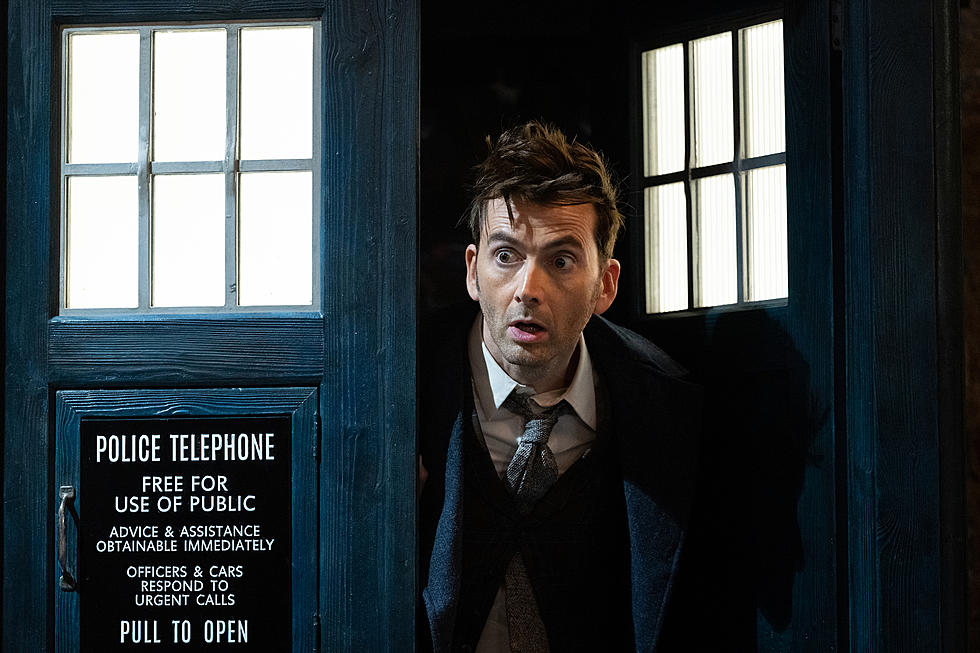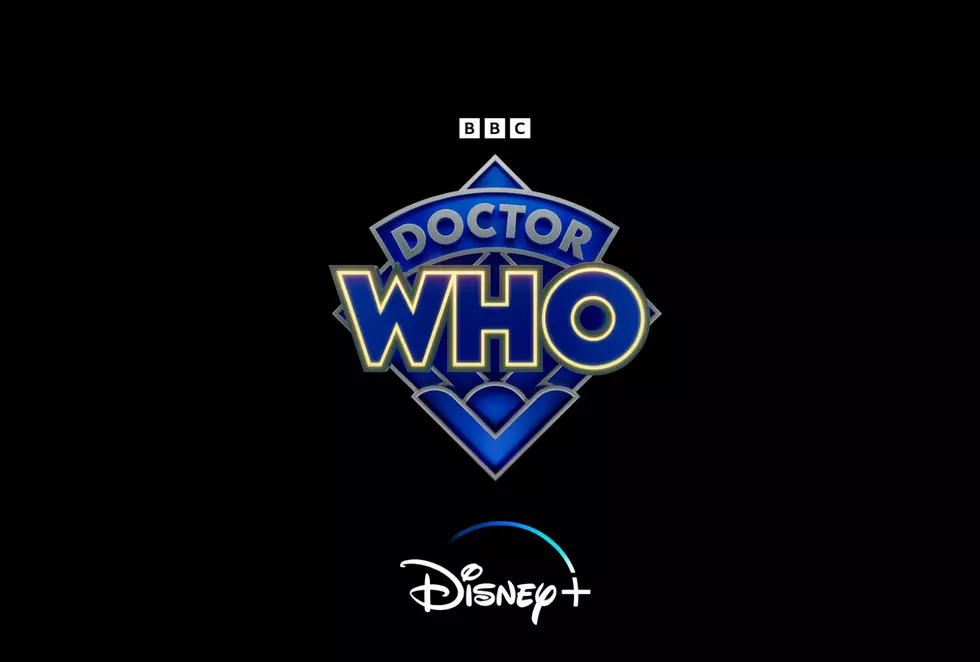
Reel Women: It’s Time for ‘Doctor Who’ to Get More Diverse Companions Again
It was recently announced that Jenna-Louise Coleman is leaving 'Doctor Who' later this year, following the annual Christmas Special. At that point, she'll have played the role of Clara Oswald (in some iteration) for 25 episodes, making her one of the longest-running companions of the eponymous Doctor. This position has traditionally been filled by a younger white woman, though the Doctor has occasionally taken on a male companion, but while the modern version of the series has seen some diversity, Clara's exit provides an opportunity for showrunner Steven Moffatt to once again pair the Doctor with a companion who subverts expectations.
The companions who have lasted the longest in the modern run of the series have been younger white women: Billie Piper's Rose Tyler, Karen Gillan's Amy Pond, and more recently, Coleman as Clara Oswald. Piper and Gillan provided fantastic arcs for the series, while Coleman's run left something to be desired. It felt redundant, been there, done that, and another young white female companion providing some vague flirtatious tension with the Doctor. The girl leads a boring life on her little planet, and the Doctor comes to set her free and take her to explore worlds beyond her imagining, to make her life more important and to show her the value of the lives of others. She also teaches the Doctor a thing or two about life and love and loss. The end.
Where 'Doctor Who' has gotten more interesting in the modern run has been in introducing more diverse companions: Catherine Tate as Donna Noble, a woman in her mid-30s, who is small-minded and skeptical of the Doctor -- not all awe-struck and gooey-eyed like his younger companions. Then there was Martha Jones, played by Freema Agyeman, a young black medical student who falls in love with the Doctor but whose feelings are unrequited. Along the way, there's also Rose Tyler's working class boyfriend Mickey Smith (also black) who joins up as an additional companion for a handful of episodes; Rory Williams, Amy Pond's fiancé and later husband; and Jack Harkness, the first non-heterosexual character and sometimes-companion, who would later spin off to his own series, 'Torchwood.'
It's certainly telling that the companions who have endured the longest have been those who meet the status quo (both young and white). Tate only lasted for 16 episodes, while Jones lasted for 19, compared to Piper for 34, Gillan for 33, and Oswald for 25. Even Alex Kingston's riveting River Song character, who would occasionally pop up in the Doctor's life as an enigmatic constant, eventually revealed to be his wife, only appeared in 12 episodes; Kingston is 51.
Steven Moffat has made it clear that we're not getting a female Doctor anytime soon (or ever, as long as he's in charge), so the only leading female representation we can hope for is within the companion, and this is where we could get some diversity and really have fun with things! Why not a black -- or for that matter, any other minority -- female companion again, one who could offset the pervasive white maleness of the Doctor? Why not an older female companion, like Tate, who is not as quick to be charmed by the Doctor, who has lived a little longer on Earth and has some healthy skepticism about the world and its horrors, who doesn't think an alien with a magic screwdriver in a magical police call box that can skip through time and space is all it takes to fix things?
Even though 'Doctor Who' is a sci-fi show, it shouldn't be in the realm of science-fiction that a minority or older woman gets to travel through space and time to help save universes and galaxies. It should be science-fact.
Enough with the status quo -- enough with the young white women with stars in their eyes, just waiting for the Doctor to come whisk them away. These young women who all have the same feisty attitude and fit the same mold. We have a new Doctor now: Peter Capaldi doesn't fit the conventional mold, either, and as such, maybe we don't need the same old kind of companion.
More From ScreenCrush









